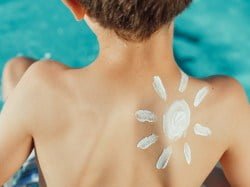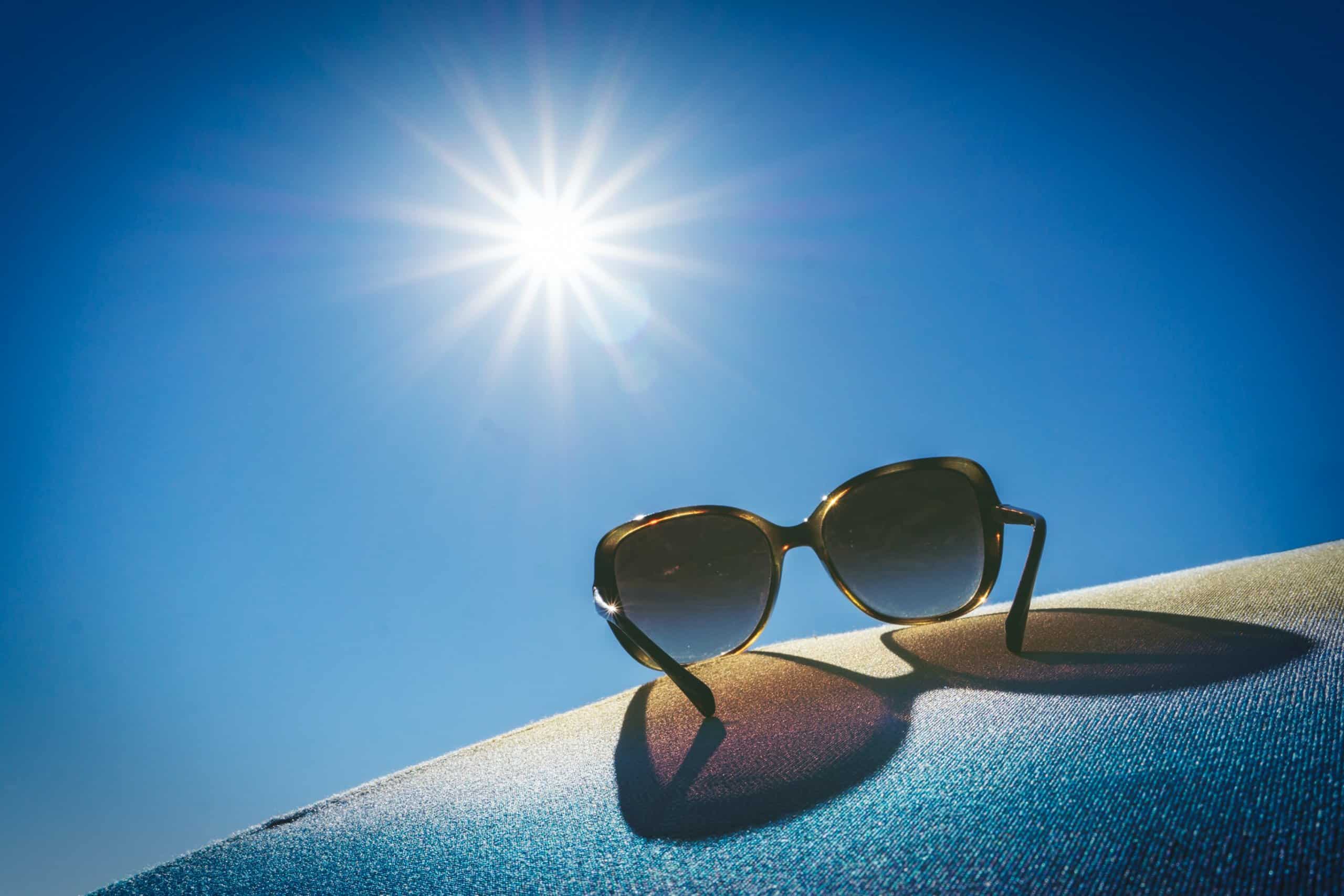During July and August you may welcome the summer sun and that chance to get your vitamin D. There is a lot of information out about sun safety and sunscreen, but for many Canadians, there is an added layer of concern: photosensitivity.
Photosensitivity refers to an increased sensitivity to sunlight. This is a reaction triggered by the immune system and can result in itchy, uncomfortable patches of redness and inflammation on the skin. Those with photosensitivity are also prone to sunburn more quickly.

Causes of photosensitivity
Photosensitivity can be caused by something inherent in the body or may be a result of external factors.
Medications: You may notice the small label on your medications that instructs “You should avoid prolonged or excessive exposure to direct and/or artificial sunlight while taking this drug.” Education about this warning label should be a part of counselling when you begin taking these types of medication. Side-effects of too much sun exposure can range from blisters and eczema-like rashes to burning more quickly. There are many classes of drugs that can cause photosensitivity:
- Antibiotics
- Non-steroidal anti-inflammatories (NSAIDS)
- Antifungals
- Antihistamines
- Oral contraceptives
- Cholesterol lowering drugs
- Diuretics
- Chemotherapy
This is not an exhaustive list. It is best to ask your pharmacist if the medications you are taking can result in increased sun-sensitivity.
Skin conditions: There are a range conditions that can cause photosensitivity. For example, people with rosacea and psoriasis are frequently more sensitive to the sun and will require extra care.
Autoimmune diseases: These are a category of disorders where the immune system malfunctions and attacks healthy parts of the body. Certain autoimmune conditions like Lupus or Dermatomyositis, which affect the skin, can cause increased sensitivity to sun exposure.
Cosmetics: Some cosmetics, such as those containing retinol, hydroquinone, or alpha-hydroxy can make the skin more sensitive to sun. In addition, fragrances or certain plant ingredients can also trigger photosensitivity. Make sure you know the ingredients of your skincare and protect yourself accordingly.

What to do if you are photosensitive
The best solution to avoiding this immune response is to limit skin’s exposure to the sun. This can be done in a number of ways.
- Wear a hat: One that protects the top of your head and provides coverage to your face and neck is best.
- Wear protective clothing: Light weight long-sleeves and pants can go a long way in protecting your skin. There are clothes specifically designed to limit exposure if you’re looking for maximum protection.
- Sunscreen: Wear a broad spectrum sunscreen of at least SPF 30. There are many options so choose the right one for you and make sure you apply frequently and liberally. Your pharmacy can be an excellent source for sunscreen so check in with your pharmacist to find out what is available for your specific needs.
- Stay out of the sun: Avoid being outside between 10:00 am and 4:00 pm when the sun’s rays are at their strongest. Seek shade if you’re out.
- Manage your symptoms: In the case of a negative reaction to the sun, consult your healthcare provider including your pharmacist about treatments to manage discomfort.
Photosensitivity does not have to mean the end of your relationship with the outdoors. Understanding the reasons behind your sensitivity to the sun and how to avoid a reaction means you can still enjoy being outside, with some precautions to make it most enjoyable.
We wish you a safe and healthy summer from our team at Pace Pharmacy!

